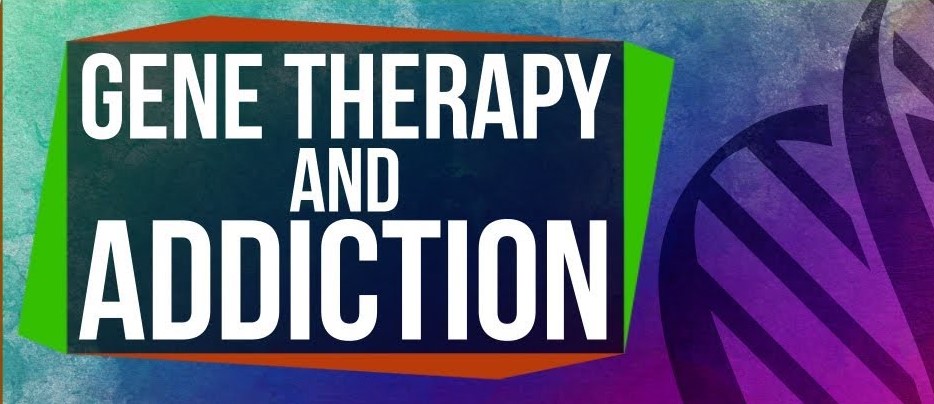MAT Stigma in 12-Step Program
Stigma surrounding medication-assisted treatment (MAT) in recovery programs can hinder progress by fostering judgment and misconceptions. This stigma arises from a lack of understanding about MAT’s role in addiction recovery. Alleviating it involves self-management strategies that promote MAT acceptance, family support to create a non-judgmental environment, and community resources that educate and advocate for MAT … Read more









